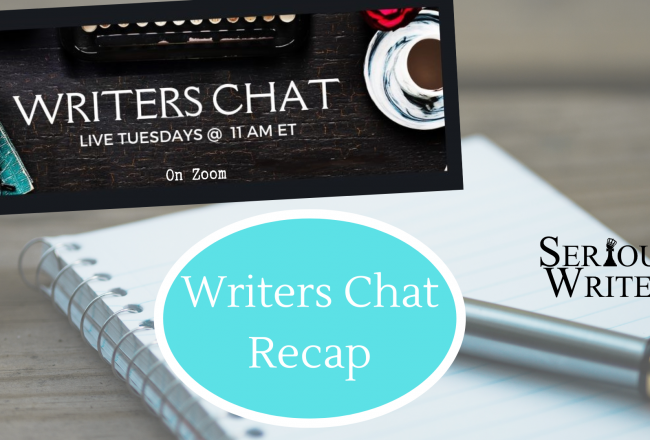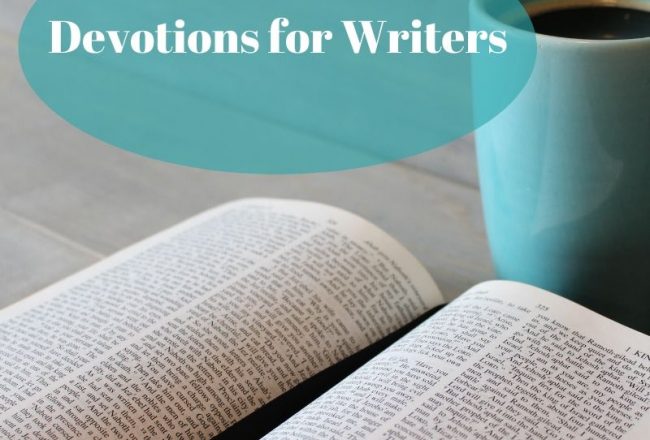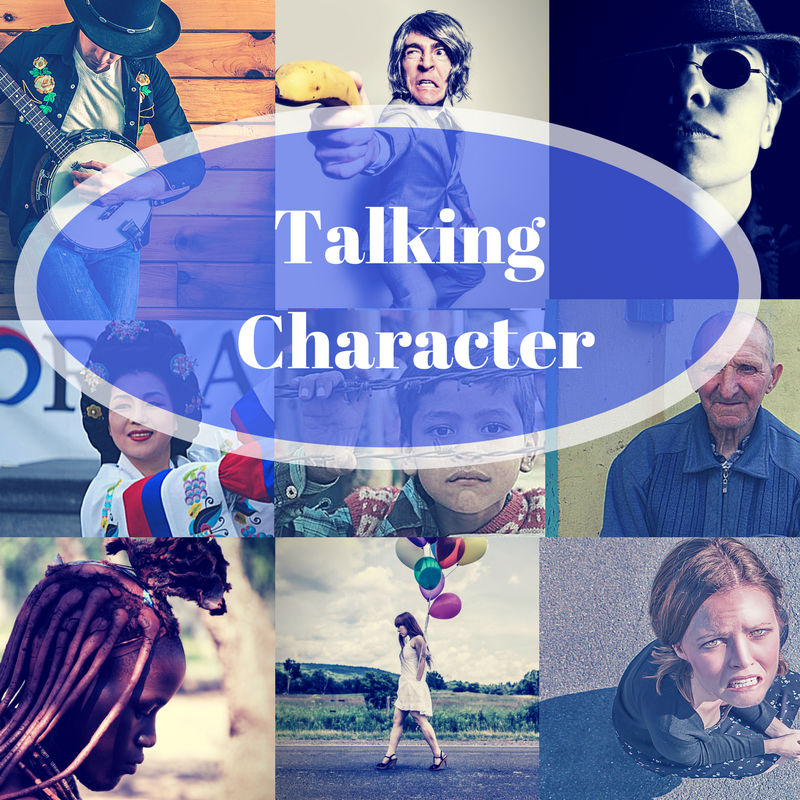
How to Create Great Character Bios by Lisa Betz
A character bio is a collection of information that delineates and describes a fictional character. It is a tool…
December 20, 2017
A character bio is a collection of information that delineates and describes a fictional character. It is a tool…
December 20, 2017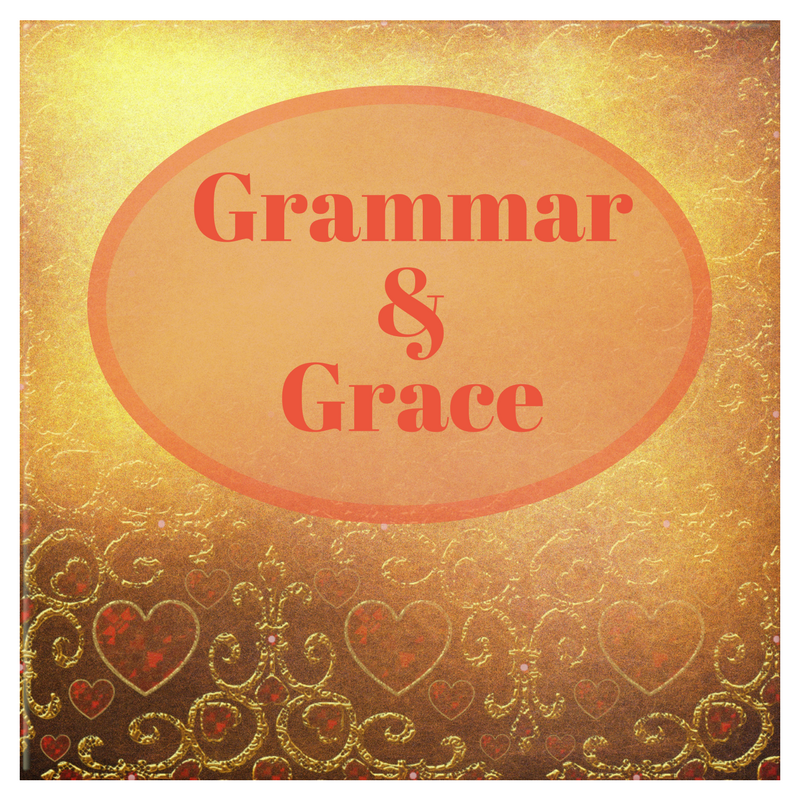
Today, people love to communicate with texts and private Facebook messages and emails and tweets, but around Christmas people…
December 18, 2017
You’ll enjoy our conversation discussing top gifts to give your writing friends as well as how we can use…
December 14, 2017
Life brings each of us strange personal experiences. This spring I traveled to visit my mother in Kentucky. When…
December 13, 2017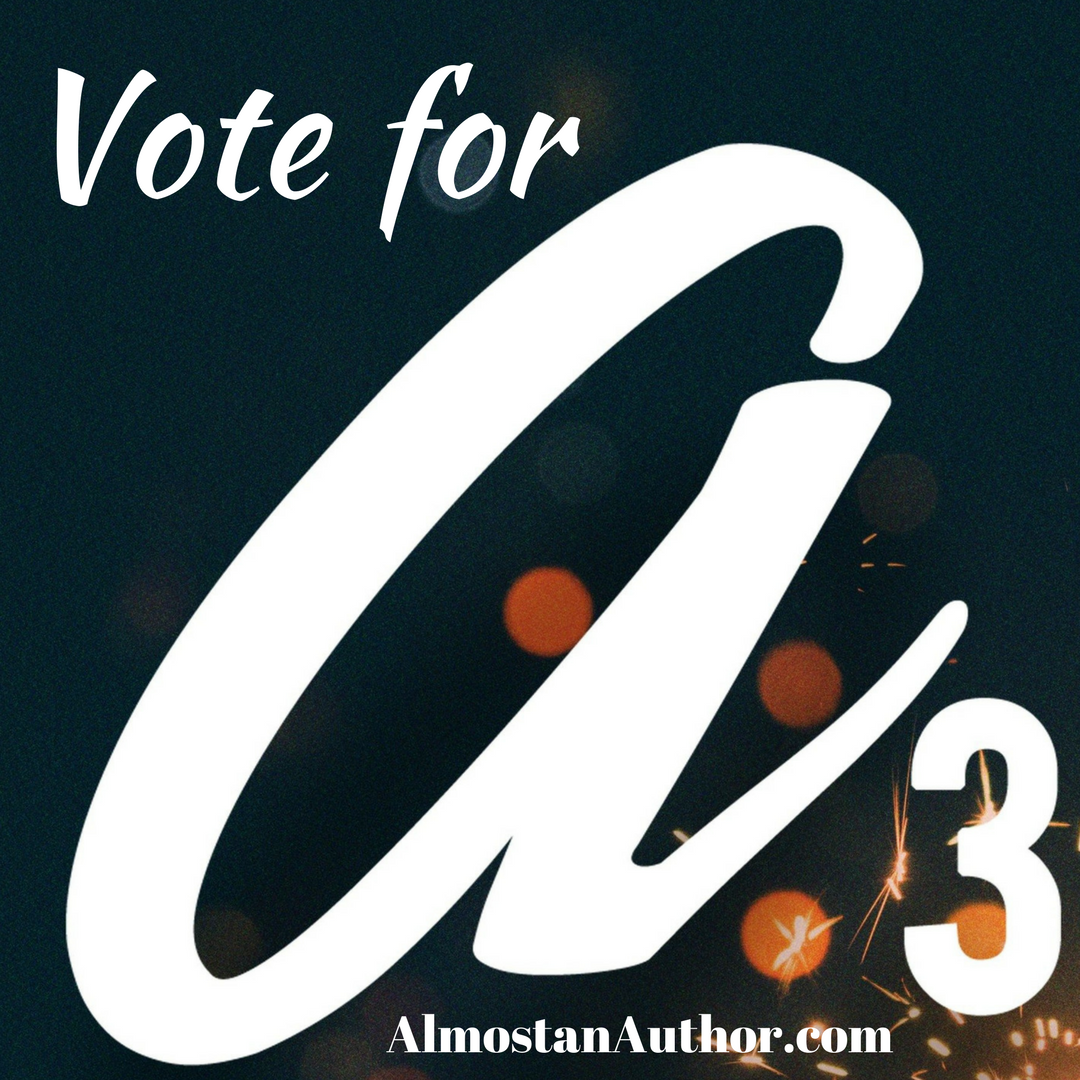
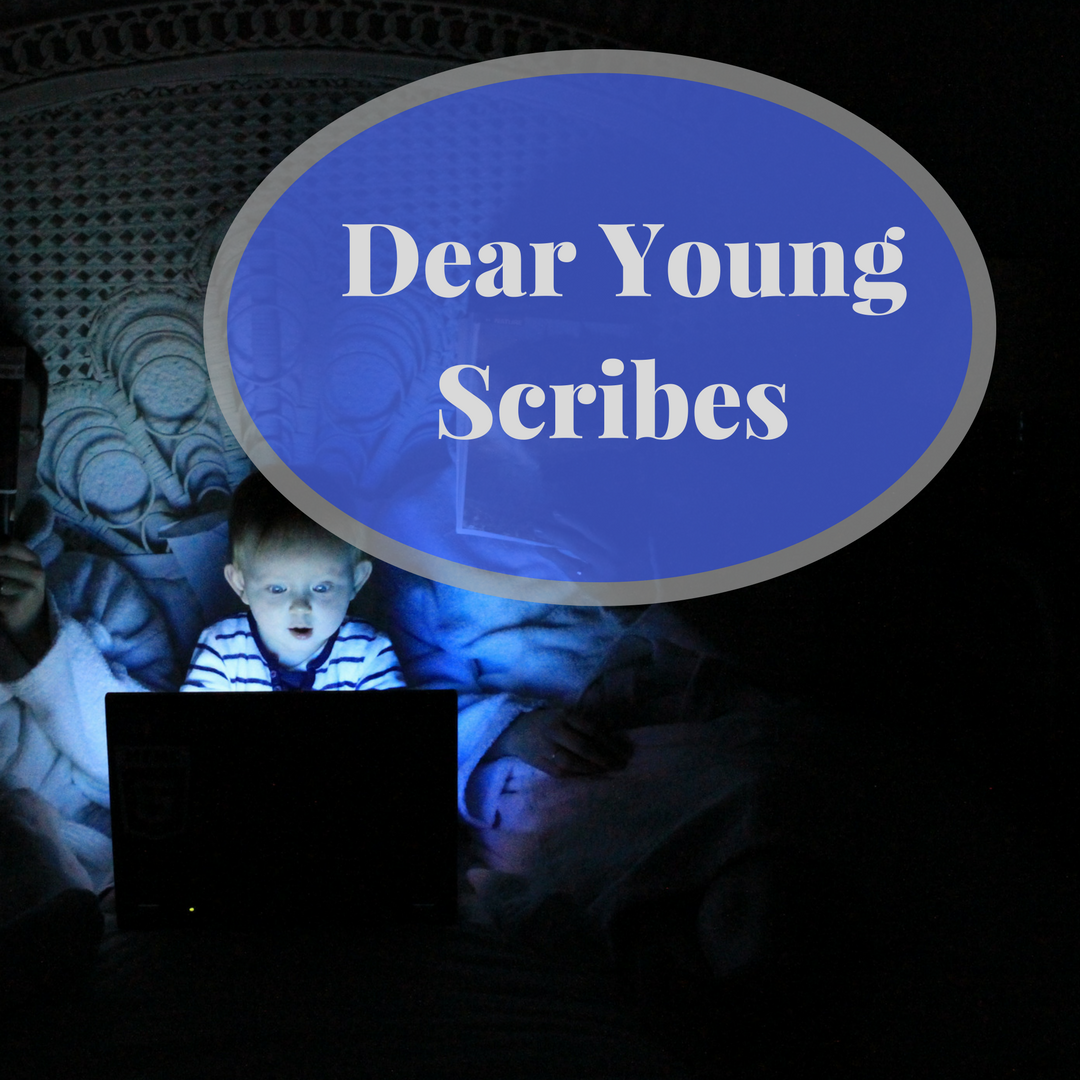
Let’s face it: There isn’t a guaranteed and instant pay off for the writer who works hard at finishing…
December 9, 2017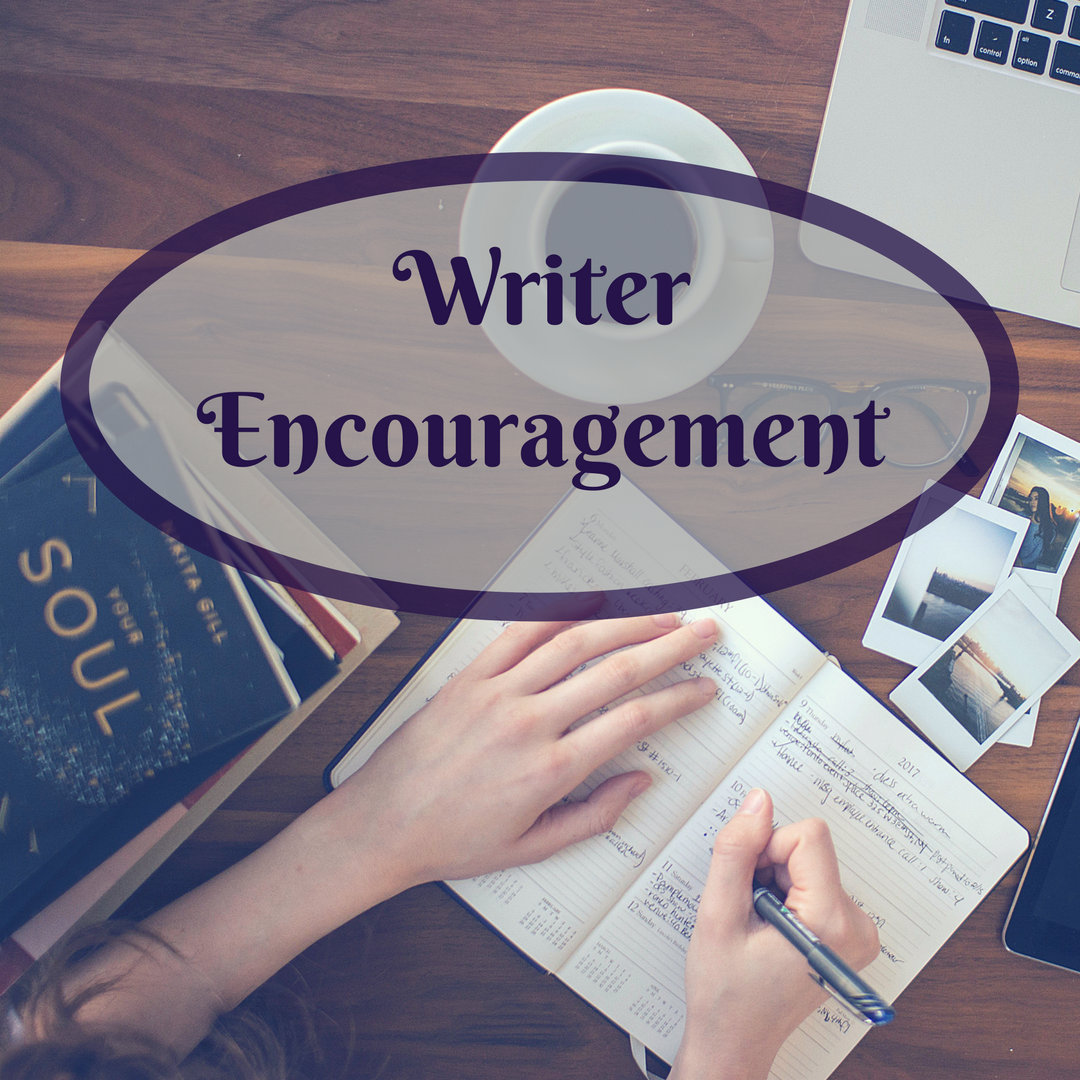
If you have not yet seen The Man Who Invented Christmas, what the Dickens are you waiting for?? I…
December 8, 2017
The first page of your book determines whether the reader will continue reading or if they will move on…
December 7, 2017
Enjoy this Writers Chat, when we share our favorite Christmas stories. You’ll learn behind the scenes info that will…
December 6, 2017
We all have things that inspire us. Some may marvel at a glorious sunset; others may find inspiration in…
December 6, 2017By Doug Peterson My arm felt like it was going to fall off. I was in my forties at…
December 5, 2017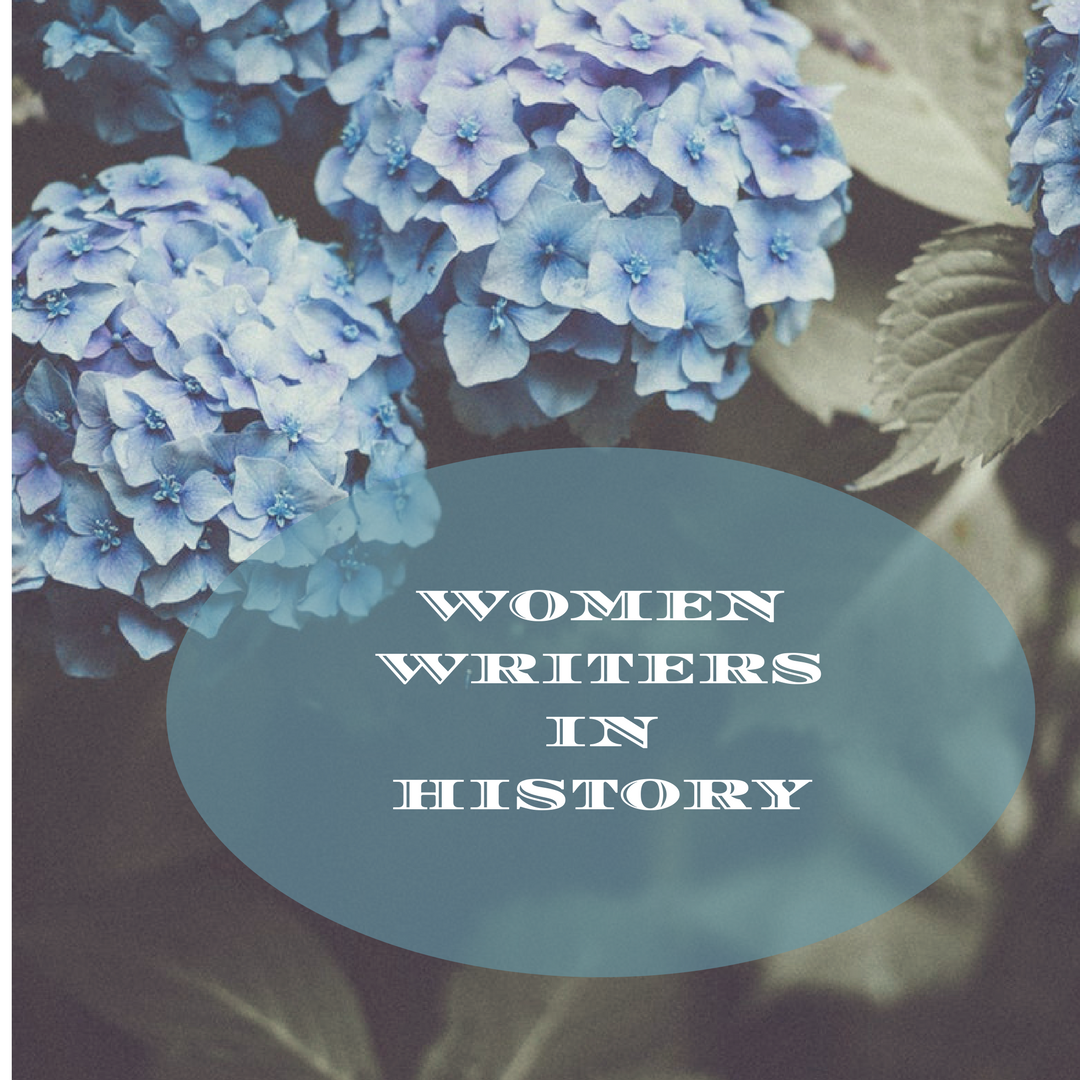
Then the Lord answered me and said: “Write the vision and make it plain on tablets, that he may run who reads it. Habakkuk…
December 2, 2017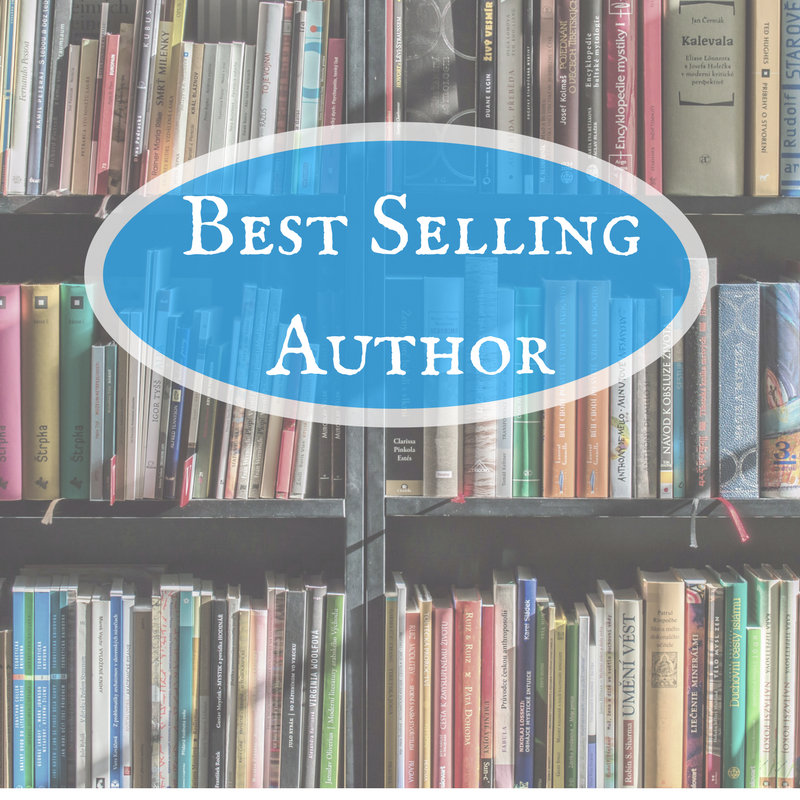
Welcome Michele, Can you share a little about your recent book –The Jealous Son is a contemporary suspense novel…
December 1, 2017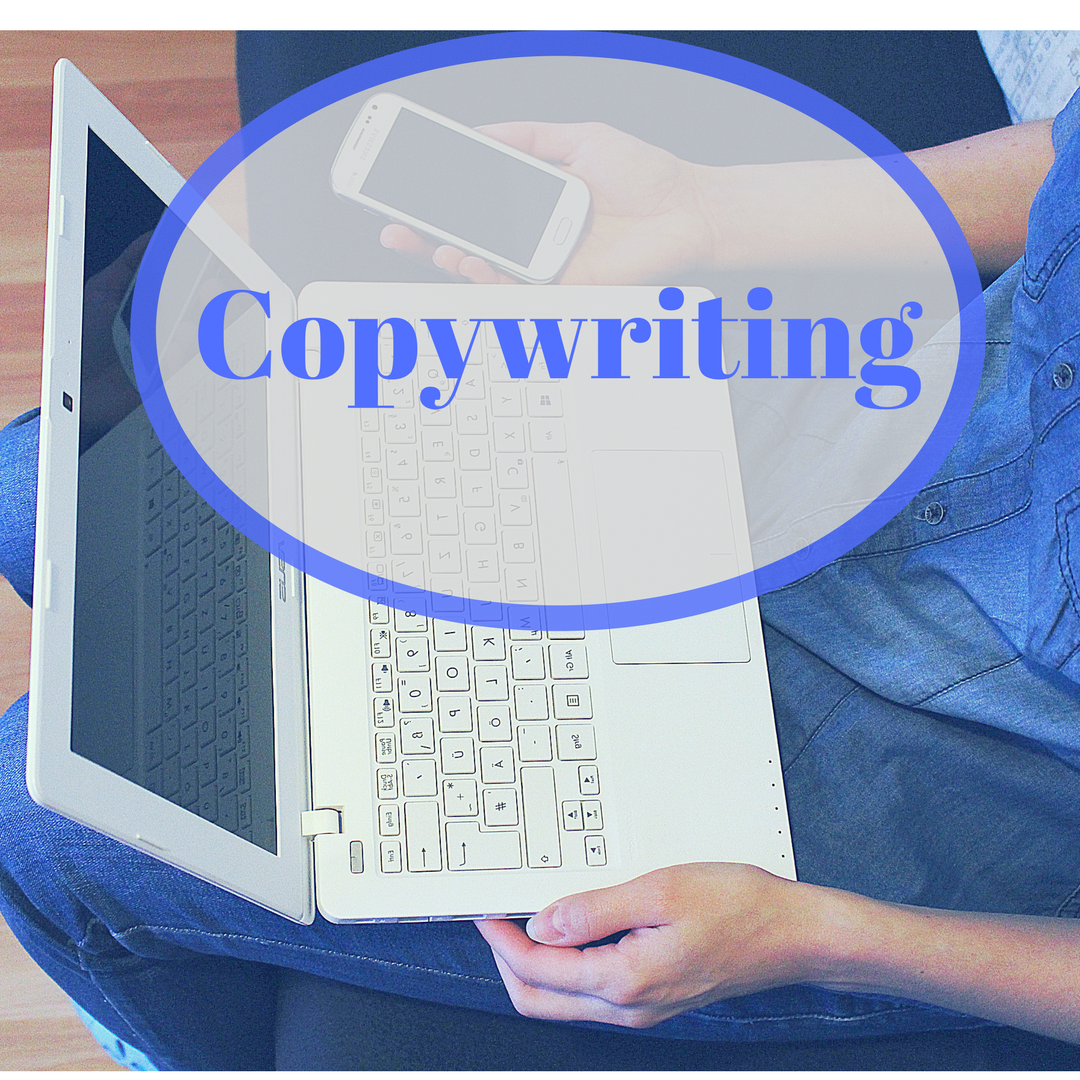
Email campaigns work wonders. It’s true that emerging college graduates consider email an outdated form of communication, but the…
November 30, 2017Have a children’s book idea simmering? Jill Lord shares how you can transform those dreams into published picture books…
November 30, 2017
I quit writing about four times a year. Especially, when I look at the ages of my children, at…
November 28, 2017
There is a unique magic to epiphany. That “A-HA!” moment when all of the elusives tumble into perfect place,…
November 27, 2017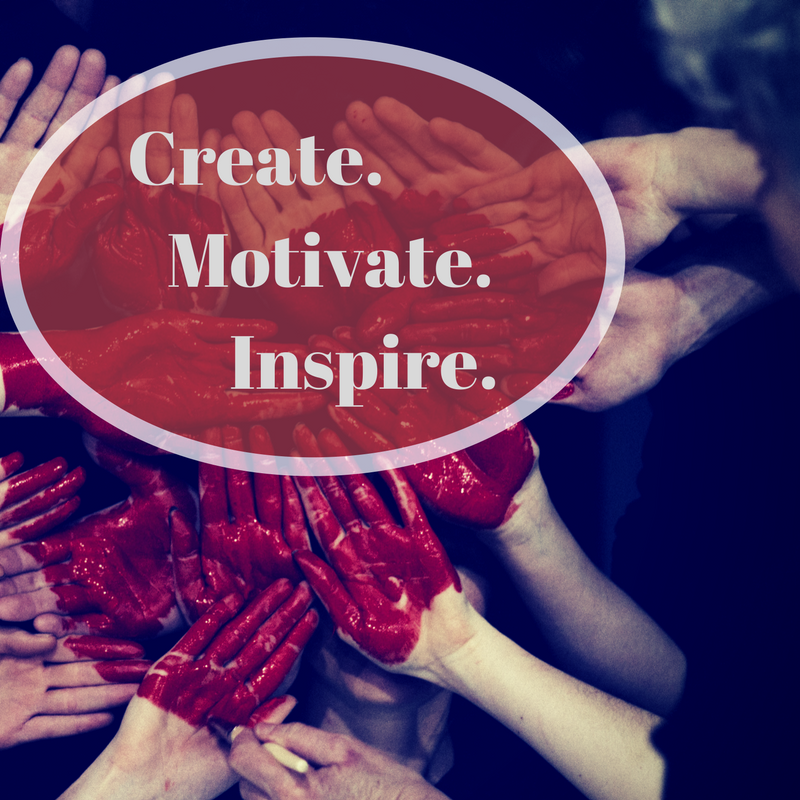
Progress has stalled on our latest writing project. We avoid our desk, tamp down the guilt, and stay busy…
November 24, 2017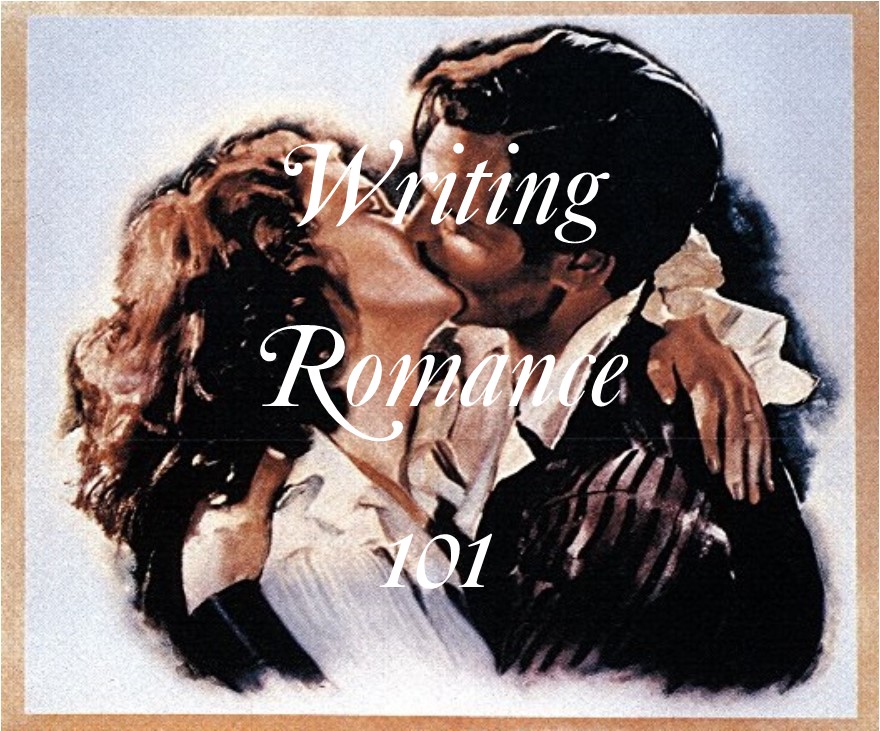
The heroine is the key to any romance. Yes, we women also want a great guy for her to…
November 23, 2017
My pastor and mentor, Larry, grimaced at me back in my early twenties. “Why do you like those scary…
November 22, 2017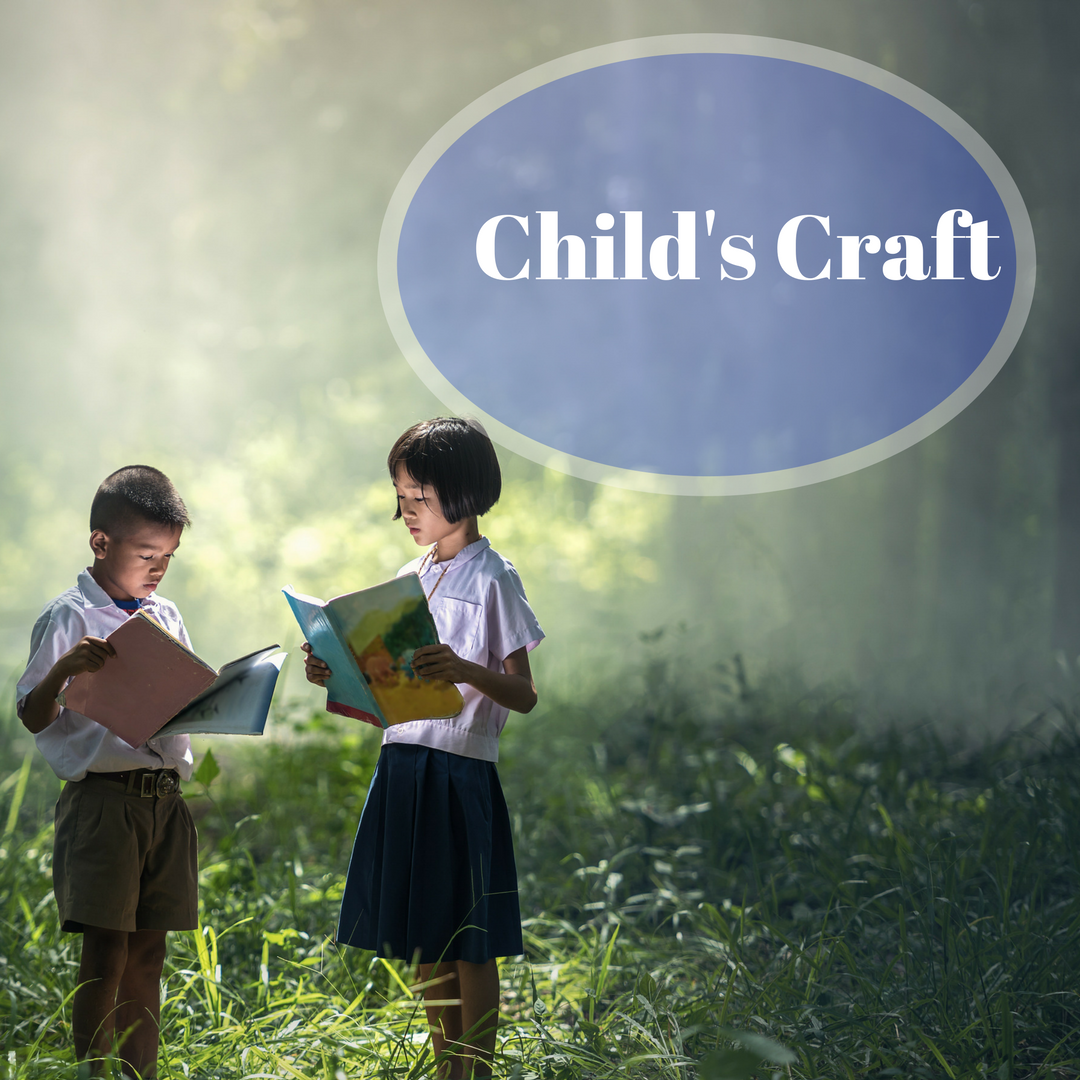
By Jean Matthew Hall Before our grandchildren came along always read the Christmas story in Luke 2 around the…
November 21, 2017
Anger comes in many shades, from miffed to murderous. Each shade looks and feels different. When a person is…
November 20, 2017
At any given time, I have at least half-a-dozen stories binging around in my head. That’s just how my…
November 19, 2017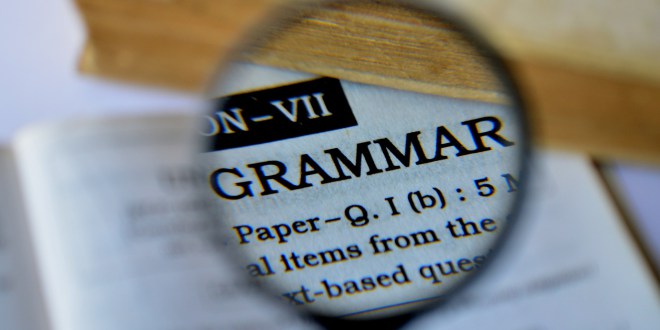
This time let’s focus on conjunctions. Conjunctions are words that join other words, clauses, or phrases. Grammar consists of…
November 18, 2017
Ever feel guilty indulging your creative streak when it’s not contributing to your word count? Join us as we…
November 16, 2017



